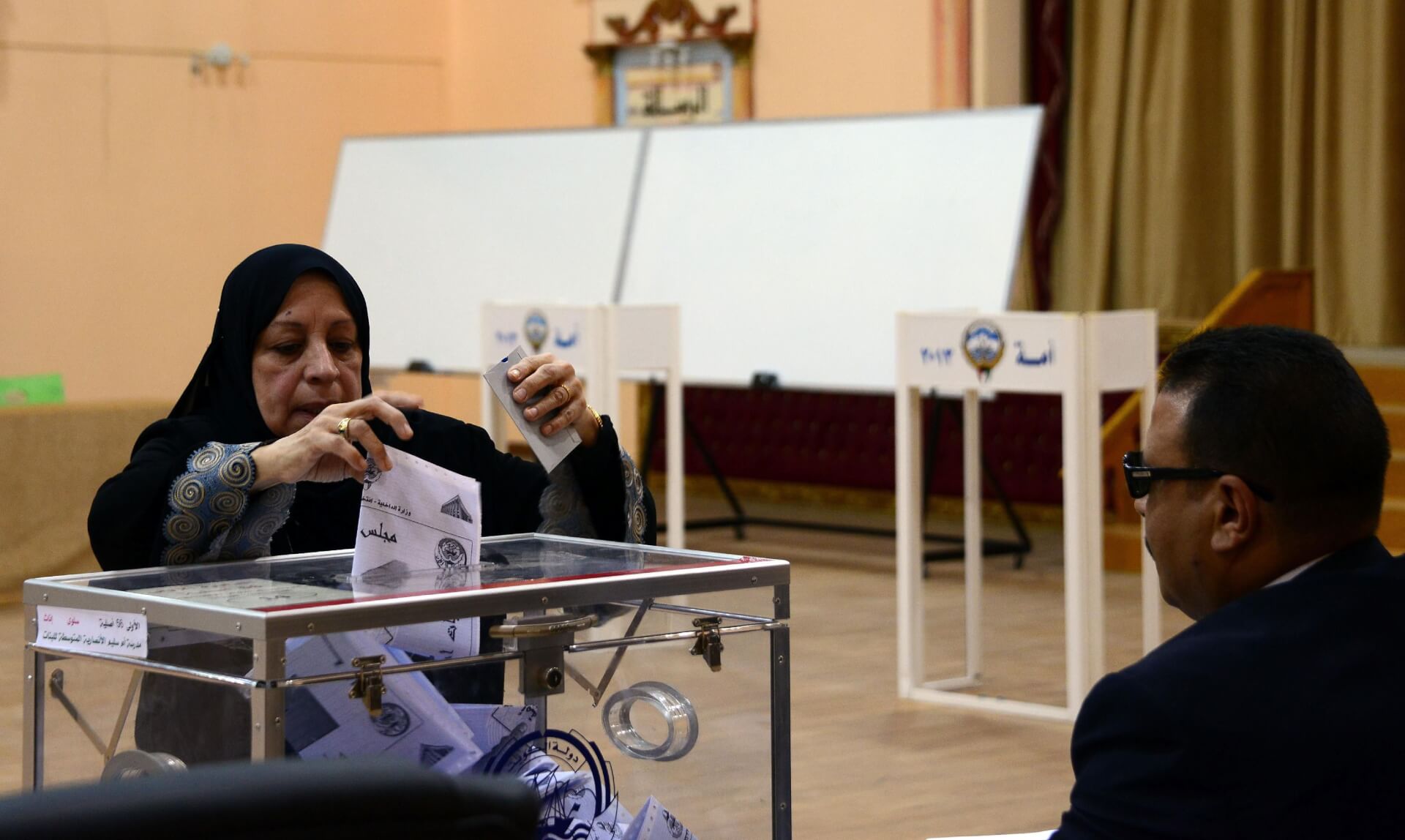On Saturday, Kuwait is set to elect 50 Members of Parliament (MPs) for a four-year term by popular vote. It is an election of many firsts—it will be the first election in the country’s history that will take place without Sheikh Sabah Al Ahmad Al Sabah, who died on September 29. It is also the first election since 2003 to be held following the assembly’s successful completion of a full term without dissolution by the emir.
Furthermore, in what is a seen as a groundbreaking development, 33 of the 395 candidates are women. They will be competing for 50 of the parliament’s 65 seats across five constituencies. Compared to previous years, this is the largest number of women to have ever run for parliament since they were given the right to vote and run for office in 2005. Safa Al Hashem was the only elected female parliamentarian in the last assembly, which concluded in September. It was Ms. Al Hashem’s third parliamentary victory, constituting a record among the limited ranks of women who have served as members of parliament. To date, only six women have served as MPs in Kuwait.
One of the biggest challenges that women face while contesting elections is the lack of economic support. Most of the political factions in the country favour male candidates, while women typically run independently. Although formal political parties are banned in Kuwait, the parliament includes liberal, Islamist, tribal, and loyalist blocs who are able to steer government policy. Even if a woman manages to win, their performance is scrutinised and judged more harshly than that of men. For instance, earlier in November, former MP Salwa Al- Jassar shared her experience of bullying, including rumours, insults, and abuse.
This year, in order to strengthen women’s representation ahead of legislative elections, five Kuwaiti activists launched Mudhawi’s list in September, a first-of-its-kind platform in the Gulf state to help women reach elected positions, whether in the assembly, municipal councils, student unions, boards of sports clubs, NGOs, and more. This female-led initiative assists female candidates regardless of their political affiliations, providing essential services such as funding, information, skills development, and the latest technologies, connecting them with patrons and volunteers who will support their campaigns for free or at a discounted rate.
Nevertheless, while there has been a significant increase in women’s participation in the 2020 National Election, Alanoud AlSharekh, one of Mudhawi’s List founders, told Middle East Eye that progress is still occurring “at a slow pace and on a smaller scale than we aspire for.”
Upcoming Kuwait Elections Witness Record Number of Female Candidates
Thirty-three women are running for parliamentary positions this year.
December 3, 2020

SOURCE: YAHOO.COM
